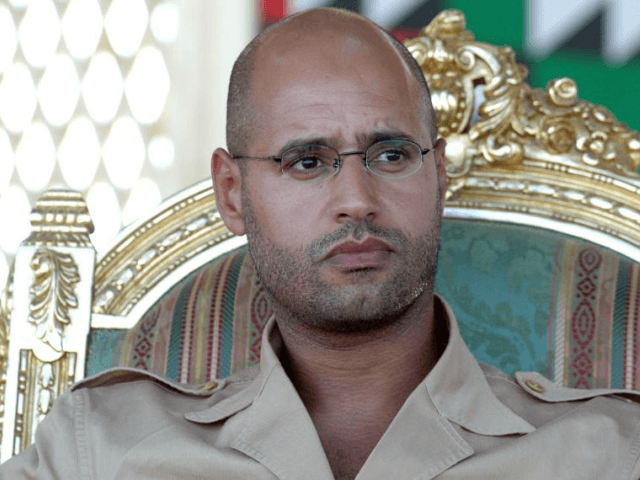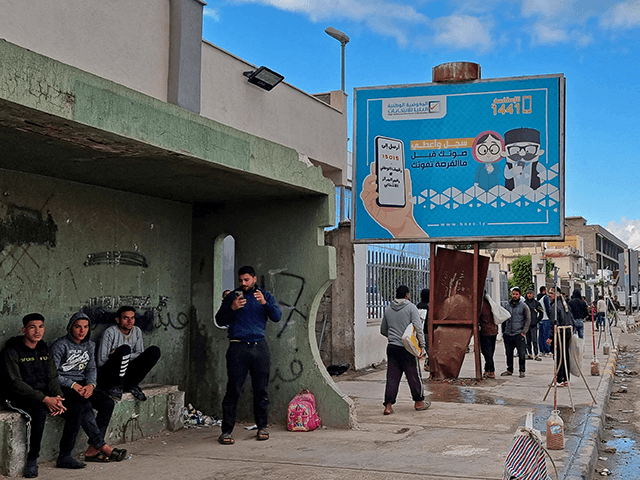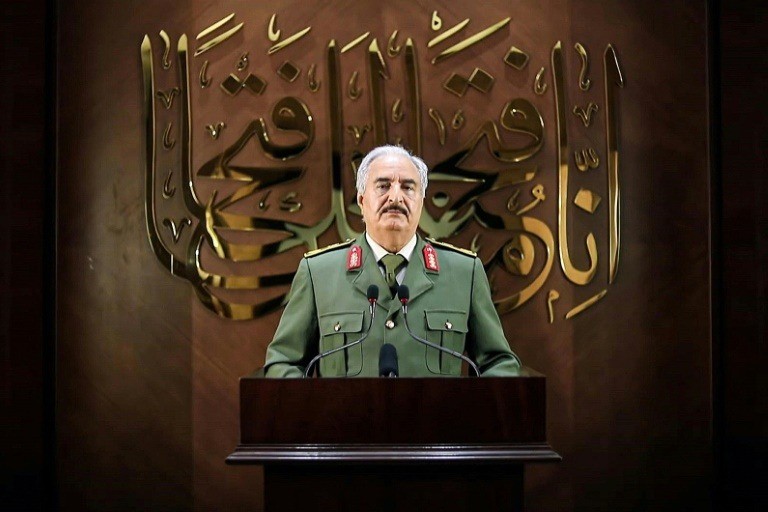Libya’s High National Electoral Commission (HNEC) dissolved all of the country’s electoral committees on Tuesday, effectively canceling the presidential election that was scheduled for December 24.
Deutsche Welle (DW) noted the United Nations has not officially called off the election yet, and most of the certified presidential candidates said on Monday they believe the ballot will be delayed rather than scuttled entirely.
On the other hand, the UK Guardian quoted Libyan officials who were confident a lengthy postponement of the election was inevitable.
Several foreign analysts told DW the Christmas Eve election has been looking increasingly unlikely over the past few months.
Among other issues, some serious legal hurdles have not been crossed, including the eligibility requirements for candidates and constitutional authorization for the election. The HNEC said a “dangerous turning point” was reached when several powerful candidates successfully challenged their disqualification by electoral commissioners.
“The inadequacy of electoral legislation with regard to the judiciary’s role in electoral appeals and disputes had damaged the right of the commission to defend its decisions about the disqualification of a number of candidates,” the HNEC said.
Several of the highest-profile contenders for the presidential race are arguably ineligible under the rules as currently understood, including Interim Prime Minister Abdul Hamid Mohammed Dbeibah, who is theoretically excluded under the terms of the U.N. plan for political transition; Khalifa Haftar, the warlord who laid siege to Tripoli a few years ago, and faces criminal charges for the attempt; and Saif al-Islam Qaddafi, son of late dictator Moammar Qaddafi, who faces war-crimes charges for his efforts to suppress the uprising that toppled his father a decade ago.
Besides their technical eligibility, several of these controversial candidates could spark a civil war or cause Libya to completely unravel, as they are bitterly opposed by different armed factions. The international community would not be pleased to see someone such as Haftar or Qaddafi take power, riding a wave of factional anger or nostalgia for dictatorship.

Saif al-Islam, son of late Libyan leader Muammar al-Qaddafi, is pictured at a ceremony in the southern Libyan city of Ghiryan on August 18, 2007. (MAHMUD TURKIA/AFP/Getty Images)
Haftar held a meeting with several high-ranking former government officials at his stronghold in Benghazi on Tuesday, ostensibly to work up a plan for saving the election and reinforcing “national unity,” although skeptics wondered if Haftar was actually planning another coup attempt, or preparing to break away from Tripoli with the eastern parliament that supports him.
“Ten years on from a popular uprising that demanded freedoms and rights, the front-runners of this national election are all Gadhafi-era politicians,” Sami Hamdi, managing director of the London-based International Interest global intelligence firm, sighed to DW in a telephone interview.
The U.N. Support Mission in Libya (UNSMIL) on Tuesday expressed concern with the security situation in Tripoli, where several of the above-mentioned heavily armed partisan factions have been deploying their fighters.
UNSMIL said this militia mobilization “creates tensions and increases the risk of clashes that could spiral into conflict.”
“Any disagreements on emerging political or military matters should be resolved through dialogue, particularly at this stage when the country is navigating through a difficult and complex electoral process that should usher in a peaceful transition,” UNSMIL urged.
U.S. Ambassador Richard Norland issued a statement on Wednesday calling for “calm” and encouraging efforts to “de-escalate the tense security situation in Tripoli, or elsewhere in Libya.”
“Now is not the time for unilateral actions or armed deployments that risk escalation and unintended consequences detrimental to the security and safety of Libyans,” Norland said, backing UNSMIL’s call for a peaceful political resolution to factional conflicts.
“Now is not the time for unilateral actions or armed deployments that risk escalation and unintended consequences detrimental to the security and safety of Libyans,” Norland declared.
The BBC on Wednesday afternoon quoted a proposal from HNEC to delay the presidential election until January 24, when it could be held concurrently with previously postponed elections for the legislature.


COMMENTS
Please let us know if you're having issues with commenting.